By: Martha Molfetas
Earlier today, Shell shut down their Brutus oilrig platform in the Gulf of Mexico, after the platform itself leaked 2,000 barrels of oil. The real kicker was the nearly 90,000 gallons of oil released by way of Shell’s Glider subsea pipeline system’s infrastructure leaks. While there were no injuries directly resulting from this particular Shell leak, sheen from the oil spill could be seen 90 miles off the Louisiana coast. Luckily, Shell was able to turn off this leak. However, this is not always the case.
This Shell leak is yet another in a series of unfortunate events and misadventures when it comes to deep-sea drilling in our Gulf of Mexico. It took months for BP’s Deepwater Horizon to be shut off - but not before it spewed nearly 5-billion barrels of oil into the Gulf. Meanwhile, some spills have been left unabated, like the Taylor Energy well that has been leaking into the Gulf of Mexico for over a decade. It’s estimated that Taylor Energy has spilled somewhere between 300,000 and 1.4 million gallons of oil from 2004-2015. It’s almost the middle of 2016, and this well is still leaking.
The Real Cost to Coastal Communities
These spills have stark consequences for coastal communities across the Gulf of Mexico, from Texas to Louisiana and Florida, and of course Mexico. The lifeblood of these coastal communities is fishing and tourism. Once the water is polluted by crude oil, these economic arenas begin to fail while health impacts start to rise. Beaches become enveloped by oil and dispersant residue, fish begin to die off or become unsafe to eat, birds and other coastal and mangrove wildlife all begin to suffer. The cost to these communities isn’t just economic in nature, but human and moral. Real people are affected, forced to move, and face grave health consequences. We are left with a moral dilemma, knowing these unique coastal areas are forever lost for future generations.
All these known effects of deepwater offshore oil drilling and the strong likelihood of oil spills has done little to change the way the industry cleans up after these disasters. Decades-old tools like booms and skims are still the go-to for clean up efforts. New tools like dispersants have caused more environmental and health issues, as they break down oil – allowing it to mix freely with water. As the industry seeks out riskier and more costly resources, it’s people and the environment that pays the price.
Risky Bussiness
So the real question is – why are we even doing this? Why are we continuing to lease out our oceans to an industry that continues to use dated technology for riskier pursuits – like deepwater drilling? Particularly at a time when the global community has made it clear that acting on climate change is paramount to our own survival. The latest IPCC Report and the Paris Agreement both make it very clear; in order to fight climate change we need to turn off the fossil fuel spigot. Continuing to invest in and support fossil fuels is flirting with disaster. We already have the tools to combat climate change; deepwater drilling is not one of them.
Photo: Flickr/ NOAA_response_restoration

